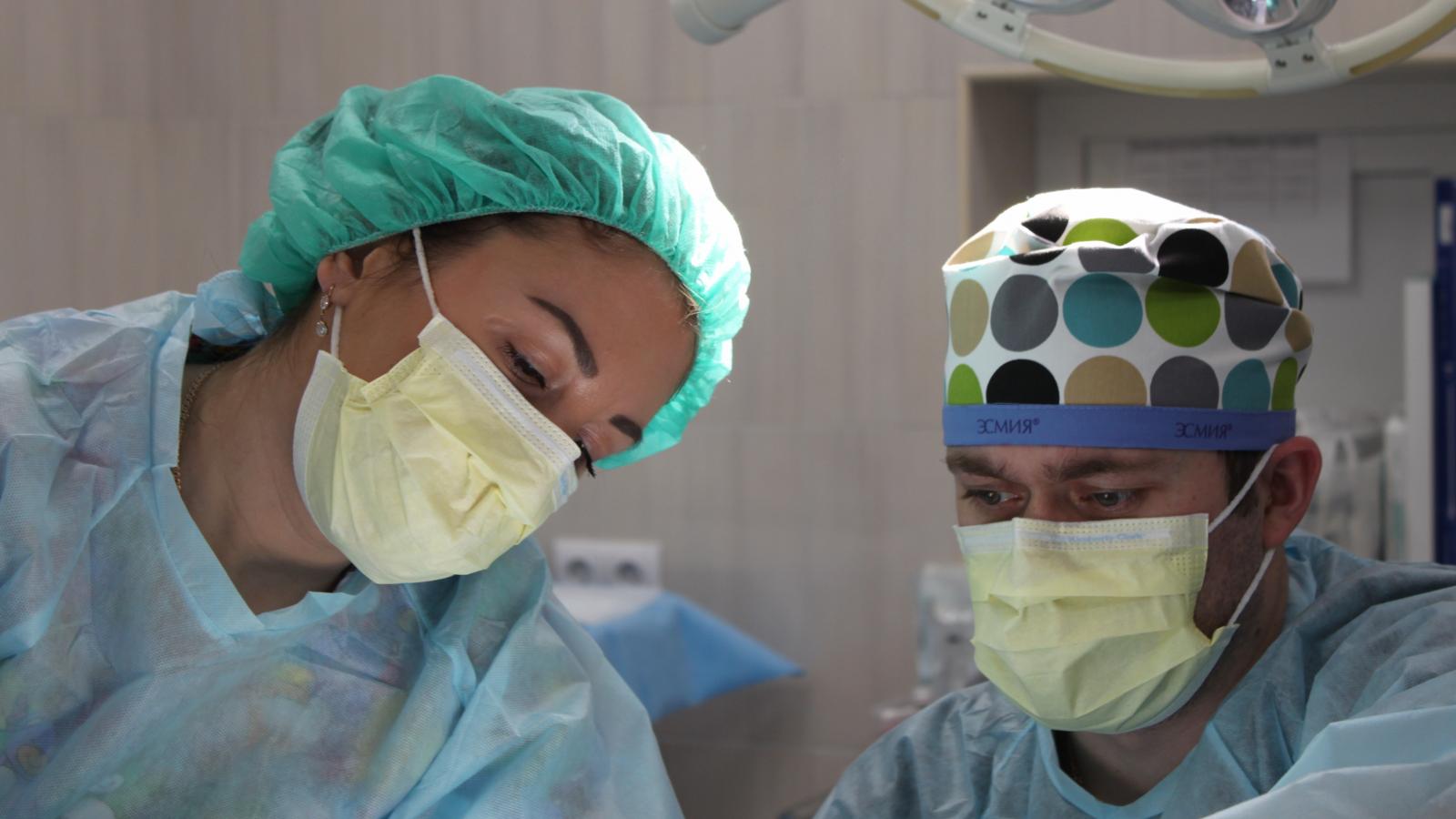How is eye cancer treated?

The aim of treatment is to destroy the cancer cells, stop the cancer coming back, and to save as much of your sight as possible. The treatment you will receive will depend on:
- The type of eye cancer you have
- The size of the tumour
- Which part of the eye is affected
- How far it has spread
- Your age and general health
- If the cancer has come back after treatment
If you need treatment, your doctor will discuss the best option for you, taking these factors into account.
Surgery
The type of surgery you have will depend on the location and size of the tumour. The surgeon will talk to you about your options.
You may only need to have part of your eye removed, for example, the iris and ciliary body, or all of it.
Removing all of your eye is called an enucleation. Usually the surgeon will put an eye implant into the empty socket during surgery.
Once your eye heals, your surgeon will arrange for you to see a specialist who makes false eyes. This is usually about 4 to 6 weeks after your operation. Your surgeon will discuss with you which type of surgery you need.
Side-effects
Loss of vision: If you have part of your eye removed, you may get some loss of vision. If you have your whole eye removed, you will not be able to see with that side. If you have lost the sight in one eye, you must let your car insurance company know, as you will have to pass an eye test to make sure it is safe for you to drive.
Changed appearance: Surgery to the eye may change the way you look. It may take time to accept your new appearance. If you need support, you can talk to our cancer nurses, by calling Freephone 1800 200 700 or by visiting a Daffodil Centre. The nurses can also tell you about free counselling, if you think this would help.
Radiotherapy
Radiotherapy may be the only treatment you have or it may be given after surgery. Radiotherapy uses high-energy rays to destroy cancer cells.
- External radiotherapy: High-energy rays are aimed at your eye from a machine called a linear accelerator. The radiation only affects the eye area.
- There are also different types of external radiation, such as proton beam radiotherapy or stereotactic radiosurgery. The doctor will discuss the best option for you.
- Internal radiotherapy (brachytherapy): Radioactive seeds are attached to a disk called a plaque. The plaque is stitched onto your eye, usually for a few days. The plaque delivers a high dose of radiation to the affected area. Then the plaque is removed.
Your medical team will give you advice about care after brachytherapy.
Side-effects
Radiotherapy may cause cataracts, skin changes, loss of eyelashes and some loss of eyesight.
Laser treatment
Laser therapy uses a high-energy light beam to burn tissues. It’s used for small melanomas.
A special form of laser treatment is transpupillary thermotherapy. This uses infrared light to heat the tumour and kill it.
For laser therapy, you will need a local anaesthetic. The therapy may need to be repeated several times before the cancer is cured. You may be transferred to a hospital in the UK for specialised treatment.
Side-effects
Laser therapy can sometimes damage parts of your eye and cause a loss of vision.
Chemotherapy
Chemotherapy uses drugs to cure or control your cancer. It can be useful for treating intraocular lymphoma but it is used less often for intraocular melanoma. Chemotherapy can be used alone or with radiotherapy to treat eye cancer.
You are most likely to have chemotherapy if your cancer has already spread to other parts of your body (metastatic cancer). This treatment can often relieve symptoms and may shrink a cancer or slow its growth. The drugs used can be given as drops into your eye or injected into a vein or as tablets. Some of the drugs used to treat eye cancer include gemcitabine and treosulfan.
Side-effects
Chemotherapy may cause nausea, vomiting, diarrhoea, loss of appetite, sore mouth or hair loss. Many treatments cause fatigue.
For more information
Phone
1800 200 700




